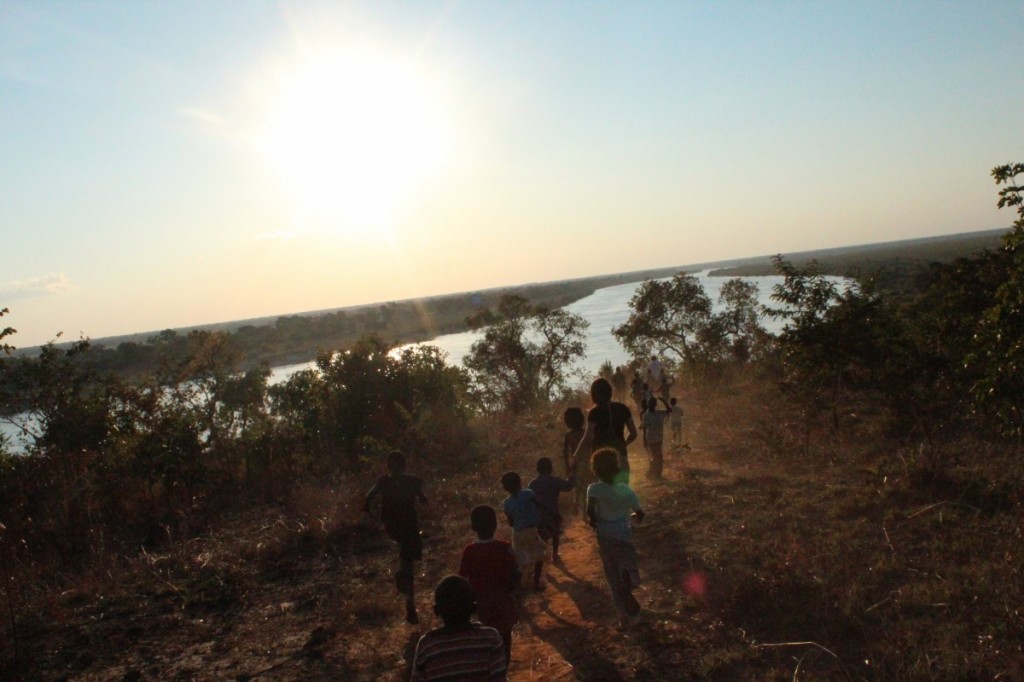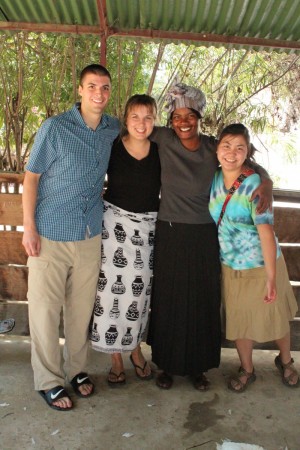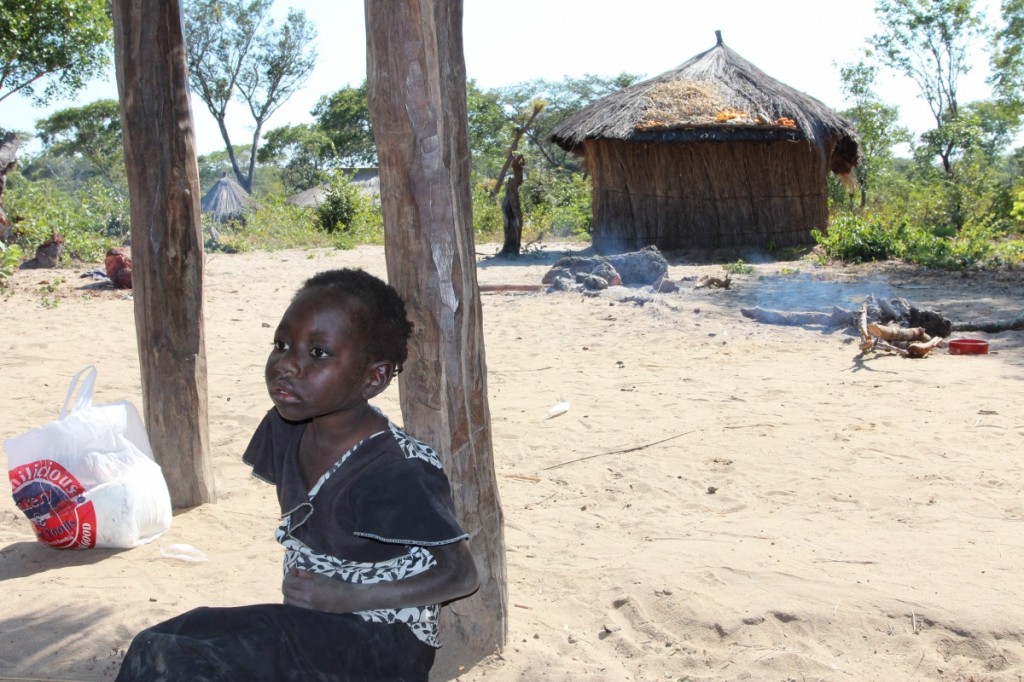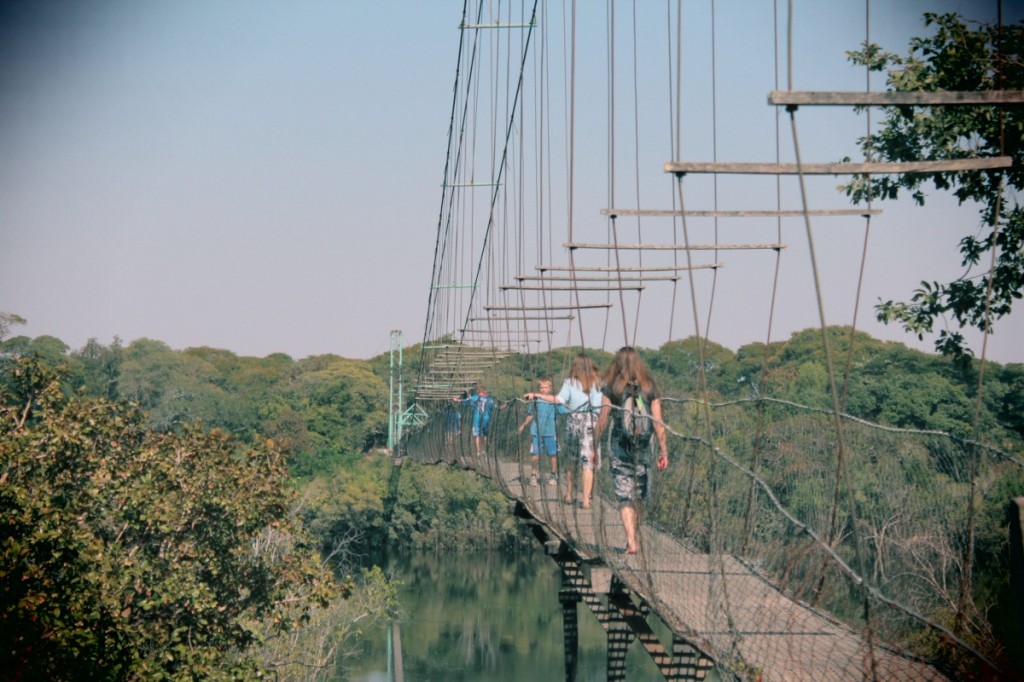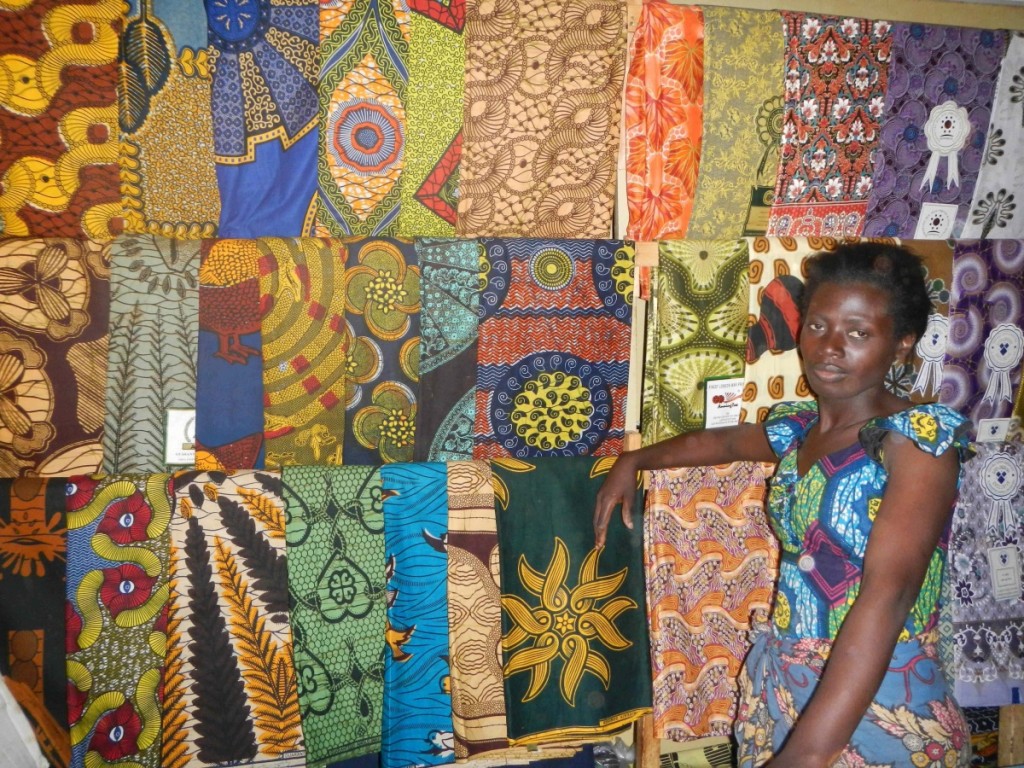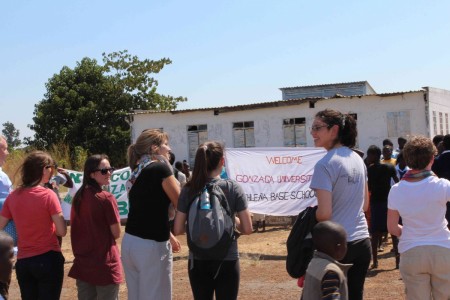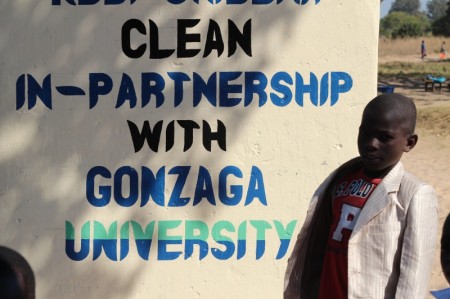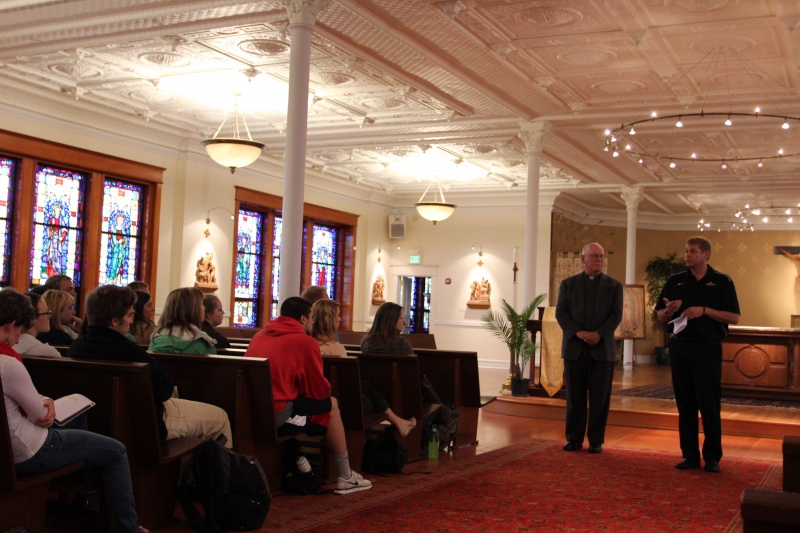Why are you going to Africa?
This was a question I was frequently asked when telling friends and family about my plans to come to Zambezi with the Gonzaga group; and the truth is I still think about this question every day. Before coming, I generally answered this question by saying that I would be teaching computer classes. This statement is true, but is it really the reason I am here? I frequently find myself frustrated because I don’t fully understand Zambezi, and from not understanding Zambezi I feel like I cannot effectively function in the community. The people here are beautiful—determined, welcoming, and strong—but it is difficult for me to know whether the relationships I am building are based on genuine affection or not. Much of the time I feel like the rich “chindele” who has come to provide something. I know that is not my intention, but it is often how I think people view me, and us as a collective group. I have encountered this problem especially with the children. I know so many of them are just eager to be loved, but I can’t help the feeling of thinking these children may just be playing with my emotions. I begin to grow close to certain children only to find out that they really just want to use the bicycles we possess or have a chance to listen to music on our computers. Is it their fault that they have never ridden a bicycle or used a computer? Of course not, but it nonetheless makes me feel like an ignorant outsider.
I was recently told by one of our computer students that it is important to leave a legacy wherever you are. He was specifically referring to the computer program and how he feels it must become more sustainable. The computer group was very upset when we arrived in Zambezi to find no computer lab, but instead discovered dusty computers that had rarely been used since last summer’s group was in Zambezi. We immediately knew that this was a major problem; how can our program lead to sustainability for Zambezi when our students don’t even have access to computers when we are gone. It is imperative that a lab remains open when we leave Zambia; this has become our main goal since seeing the lab on the first day here. While we have identified one issue that needs our attention, I find myself struggling to identify problems that the people of Zambezi are concerned about. During the months leading up to our departure for Zambia we focused a great deal on the idea of accompaniment. Accompaniment is seen as operating at eye-level with others and truly striving to understand cultures other than our own. I am a firm believer that it is impossible to serve in a community like Zambezi without first becoming familiar with the region’s customs, values, and religions. Ultimately, I am left with the realization that we will never truly accompany the Zambian people. This may seem like a pessimistic view, but that is not how I intend it. We are simply not in Zambezi long enough to become part of the community. We live a sheltered existence where we are exposed to small realities of life in Africa, but are then able to return to our safe haven at the convent. However, this does not take away from our presence in Zambezi.
We are constantly reminded that our presence in Zambezi leaves a strong impact on the community. That is the thing that is so incredible about these people—just us being here is enough. Some may want things from us, but the thing that I am quickly realizing is that we all just want to be loved. One moment of my journey that I will never forget took place several days ago when returning to the convent after witnessing another beautiful Zambian sunset. I was walking alone when I bumped into a man heading the opposite direction of me. We shook hands and then he reversed his direction and began walking with me while at the same time wrapping his arm around my shoulder. Granted, this was a man I had never met in my life. He explained that he was from Lusaka and had come to work on a water purification problem Zambezi was facing. I thanked him for his warm welcome and expressed my appreciation for the welcome we had received all throughout Zambia from the moment we left the airport. He suddenly stopped, looked me in the eyes and said, “We are the same, you and me. Why would I not welcome you?” I will never forget this interaction.
I would like to leave you with a welcome speech that the health group received upon a visit to a home based care group in Chingalala. These words were written by Madame Ellah Machayi who failed to deliver the speech herself due to vision impairment resulting from the HIV medication she is currently taking. I hope you all are moved as we were.
Ufuku mwane,
John Farley, Class of 2014
P.S. Happy belated birthday Syd the Kid, I love you.
Chingalala Support Group Welcome Speech
Written by Madame Ellah Machayi for the Gonzaga Health Education group visit
May 23, 2012
The team leader Natalie, our visitors from the United States of America, the coordinator of NZP+, all widows, orphans, widowers and terminally ill –
May I say all protocol observed.
We are all very happy to have you in our midst. You’ve travelled thousands of kilometers across oceans and seas risking your lives to be with us.
You have demonstrated a great passion for the people of Zambia and Zambezi especially us that are vulnerable. Our vulnerability usually isolates us from the “have-it-all”.
Your presence only has given us great hope that you have unknowingly put a smile on our faces and given mercy and great joy to our hearts.
At this I would like to say “Welcome to Zambia and its friendly and generous people”
We understand the economic hardships that are going by through out the world, the economic recessions in America, UK, Germany, etc.
This however will not be a stumbling block for any form of assistance that you may need to render to us.
We don’t want to remain depressed in our various situations. We need to start to stand up and realize our own potentials. We only need that type of assistance which can sustain our lives not a loaf of bread and butter but something we can love on with hope for years and generations to come.
Madam Natalie in our midst are orphaned children, widows, widowers, those living with HIV aids. This is not the end of the world, we still, if given a chance, opportunity, or platform can become very independent, well meaning and dependable citizens contributing to out national development.
We are in our state but our potentials speak volumes. Any form of assistance that will be rendered to us, we shall call it a blessing indeed and may the good lord give you the warmest hears of all.
God bless you all. Thank you.

